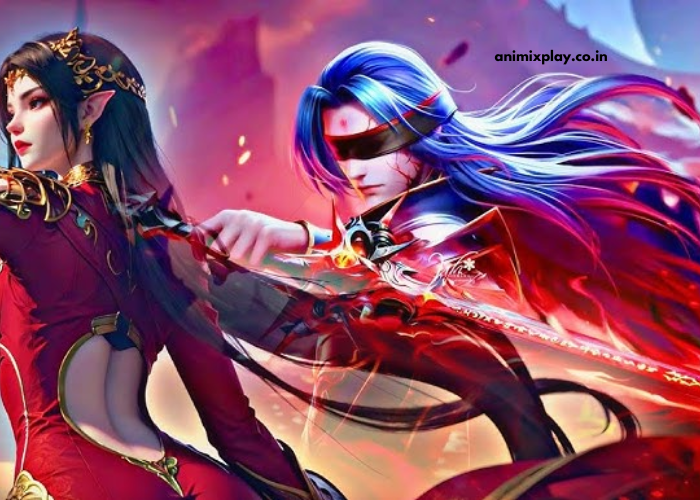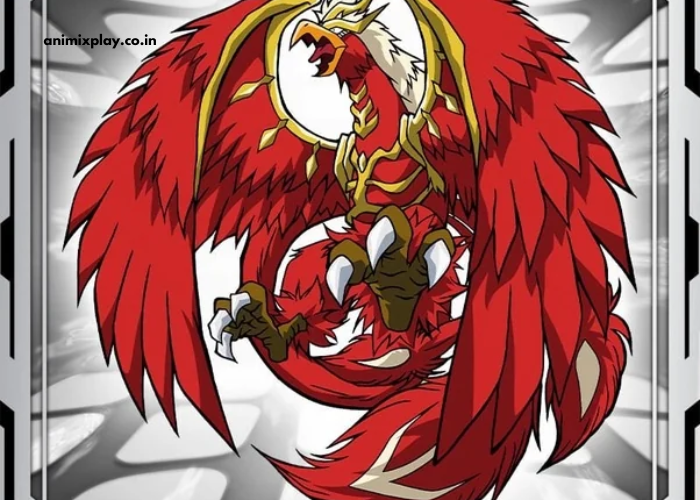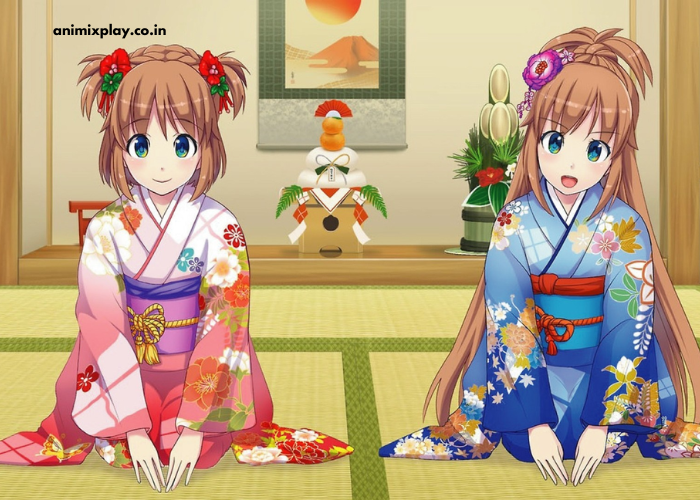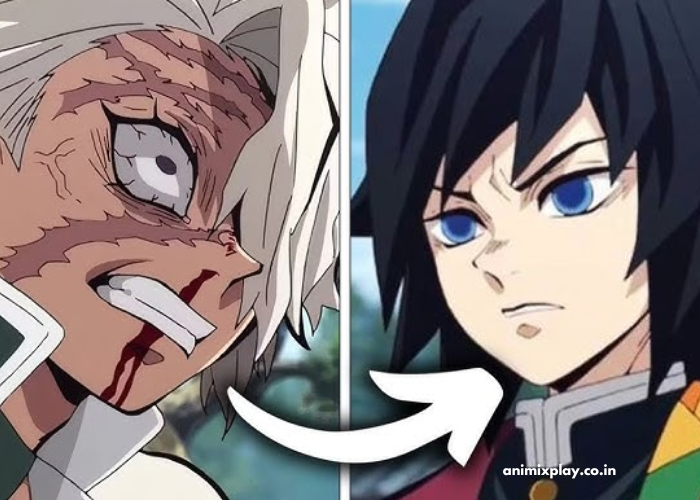Anime has always been a platform for storytelling that pushes the boundaries of imagination. While many anime series feature humans, creatures, and futuristic worlds, there’s a unique and intriguing genre where deities and gods play a central role. These god characters are often portrayed in a way that mixes mythology with fantasy, offering a rich narrative full of conflicts, philosophies, and moral dilemmas. The concept of gods as central figures in anime has grown in popularity, and it provides fans with fresh perspectives on divinity, power, and the human condition.
This blog post will explore the fascinating world of “God Anime,” diving into how deities are portrayed as main characters in anime. We’ll examine why these characters captivate audiences and how their stories are different from regular human-driven narratives. From gods with immense power to those struggling with their duties, anime offers a diverse range of godly characters who enrich the anime world.
Key Points:
- Gods are often depicted with unique powers and personalities.
- Their interactions with humans and other gods create captivating narratives.
- “God Anime” is rich in symbolism, philosophy, and deeper life lessons.
What Makes Gods as Main Characters in Anime So Interesting?
In anime, gods aren’t just omnipotent beings; they are often complex characters with personal struggles, relationships, and vulnerabilities. Unlike traditional mythology, where gods are typically seen as invincible, many anime portray them in a more human-like light. This blend of divinity and relatability adds depth to their characters and makes them more intriguing to watch.
For example, characters like Izanagi from Noragami or Tsukuyomi from Monogatari are depicted with godly abilities, yet they experience doubt, love, and conflict—traits not typically associated with deities in classic mythology. These gods aren’t just infallible beings; they are multifaceted individuals, which creates a dynamic narrative.
Example: In Noragami, the main god, Yato, is not the perfect deity that many expect. Instead, he is struggling with his identity, trying to make a name for himself, which humanizes him and connects him with the audience.
| Aspect | Traditional Gods | Gods in Anime |
| Power and Omnipotence | All-powerful, invincible | Powerful but sometimes flawed |
| Personality | Stoic, distant | Relatable, complex |
| Relationships | Limited interactions with humans | Deep connections with humans |
| Moral Alignment | Often absolute | May have moral ambiguity |
Note: The portrayal of gods in anime challenges the traditional notion of divinity, making them more relatable and engaging for the audience.
How Are Gods Typically Portrayed in Anime?
When gods appear as main characters in anime, they are often presented in a wide variety of ways. They can be depicted as benevolent protectors, malevolent forces, or even as chaotic figures with their own agendas. Some anime gods are portrayed with immense power, while others may be struggling with limitations that make them more vulnerable or human-like.
In series like Kamigami no Asobi (Gods of Love), gods from various mythologies are depicted as being subject to emotions like love, jealousy, and desire. These gods often struggle with their roles in the mortal world and develop personal relationships with humans. This portrayal contrasts with the traditional notion of gods as distant and detached from human affairs.
On the other hand, in shows like The Seven Deadly Sins, gods are powerful beings who rule over the heavens, but they also deal with deep-seated conflicts that involve betrayal, revenge, and moral dilemmas.
Example: In The Seven Deadly Sins, the character of Meliodas is a literal god, yet he is entangled in love and complicated history, adding layers of drama to his character.
| Anime Series | Godly Character Traits | Role in Plot |
| Noragami | Struggling with self-identity, personal growth | Provides insight into the human condition |
| Kamigami no Asobi | Gods from various mythologies experiencing emotions | Focuses on the emotional lives of gods |
| The Seven Deadly Sins | Powerful gods facing personal dilemmas | Central conflict revolves around betrayal |
Note: Anime gods often deal with personal struggles that are more relatable to viewers, creating more emotional depth in their stories.
How Do Gods in Anime Interact with Humans?
In many anime, the interaction between gods and humans plays a key role in the development of both the godly characters and the plot. These interactions often serve as a vehicle for exploring themes such as the nature of power, responsibility, and the relationships between mortals and immortals. Gods in anime are sometimes depicted as helpers, mentors, or even antagonists, but their relationships with humans usually reveal key aspects of their personalities.
For instance, in Noragami, Yato, the god of calamity, interacts with humans in both benevolent and mischievous ways. His relationship with Hiyori, a human girl, is complex—he helps her when she is in danger but also causes trouble. This dynamic adds to Yato’s character development and highlights the tension between his godly nature and human emotions.
In Shingeki no Bahamut: Genesis, gods are portrayed as powerful beings who interact with humans in ways that often reflect their own desires for control or power. These interactions shape the fates of the characters and serve as a driving force in the plot.
| Anime Series | God-Human Interaction | Example Relationship |
| Noragami | Complex, filled with growth and conflict | Yato and Hiyori’s evolving bond |
| Shingeki no Bahamut | Gods seek control over humans, often manipulative | God-human interactions drive plot twists |
| Kamigami no Asobi | Gods learning to understand human emotions | Gods forming emotional bonds with humans |
What Are the Philosophical and Moral Themes Explored in God Anime?
The presence of gods in anime often opens the door to philosophical and moral themes, creating a deeper layer of meaning for the story. Gods are often portrayed as figures who have the power to shape the world, but they also face moral and ethical dilemmas that challenge their beliefs and actions. These themes can range from questions about destiny, free will, and the nature of good and evil to more personal issues like the cost of immortality and the responsibilities that come with godly power.
For example, in The Law of Ueki, gods give human characters special powers but also set strict rules and guidelines that they must follow. The show explores themes of fairness, justice, and what it truly means to be “good.” In contrast, in Death Note, the Shinigami (death gods) challenge the very nature of life and death, raising questions about morality, justice, and the consequences of wielding power.
Example: In Death Note, the character of Ryuk, a Shinigami, offers a unique philosophical perspective on life, death, and justice, making the series more than just a psychological thriller.
| Anime Series | Philosophical Themes | Moral Dilemmas Explored |
| The Law of Ueki | Fairness, justice, and the meaning of power | What is the cost of becoming good? |
| Death Note | Life, death, morality, justice | Is it right to play god with life? |
| The Seven Deadly Sins | Power, revenge, responsibility | What are the consequences of unchecked power? |
Conclusion
“God Anime” provides a fascinating lens through which viewers can explore themes of power, responsibility, love, and identity. The portrayal of deities as main characters in anime offers a rich narrative that blends mythology with modern storytelling. These characters are not just divine figures—they are deeply humanized, and their struggles with emotions, morality, and their place in the world resonate with audiences on a personal level.
From exploring complex moral dilemmas to portraying god-human relationships, “God Anime” continues to captivate viewers, offering a unique and thought-provoking experience. Whether they are benevolent protectors or chaotic forces, gods in anime bring a special kind of drama and depth to the series they inhabit.
FAQ’s
- What are some popular anime with gods as main characters? Some popular anime featuring gods as main characters include Noragami, Kamigami no Asobi, and The Seven Deadly Sins.
- How do gods in anime differ from traditional mythology? Gods in anime are often portrayed with human-like emotions, struggles, and flaws, unlike traditional mythology where gods are typically omnipotent and detached.
- What themes are explored through gods in anime? Gods in anime often explore themes like power, responsibility, morality, love, and the relationship between deities and humans.
- Can gods in anime be considered relatable characters? Yes, many gods in anime have relatable personalities, vulnerabilities, and struggles, making them more accessible to audiences.
- What role do gods play in shaping the plot of an anime? Gods often drive the plot by influencing human characters, making moral decisions, and facing challenges related to their divine nature or responsibilities.




